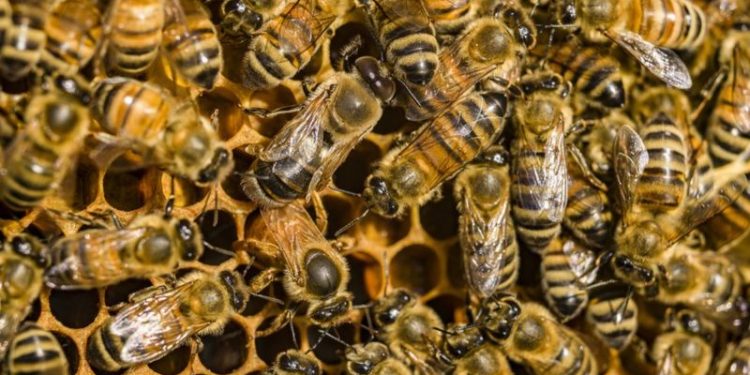Australian scientists say the venom from honey bees can destroy aggressive breast cancer cells in the laboratory.
The poison from honey bees and a compound in it called melittin is used to fight two types of breast cancer that are difficult to treat: triple-negative and HER2.
The findings were described as “interesting”.
But even so, scientists warn that further testing is needed.
Breast cancer is the most common cancer in women worldwide.
Although there are thousands of chemical compounds that fight cancer cells in the laboratory, scientists say only a few can be produced as treatments for humans.
Bee venom was previously known to have anti-cancer properties for other types of cancer such as melanoma.
The research, conducted by the Harry Perkins Institute of Medical Research in Australia, has been published in the journal Natural Precision Oncology.
One concentration of the toxin was found to kill cancer cells within an hour and damage other cells.
But the toxicity increases for higher dose levels.
Dr Ciara Duffy, a 25-year-old researcher who led the study.
The researchers also found that the compound melittin itself was effective in “killing” or interfering with the growth of cancer cells.
Although melittin is naturally present in honey bee venom, it can also be produced synthetically.



